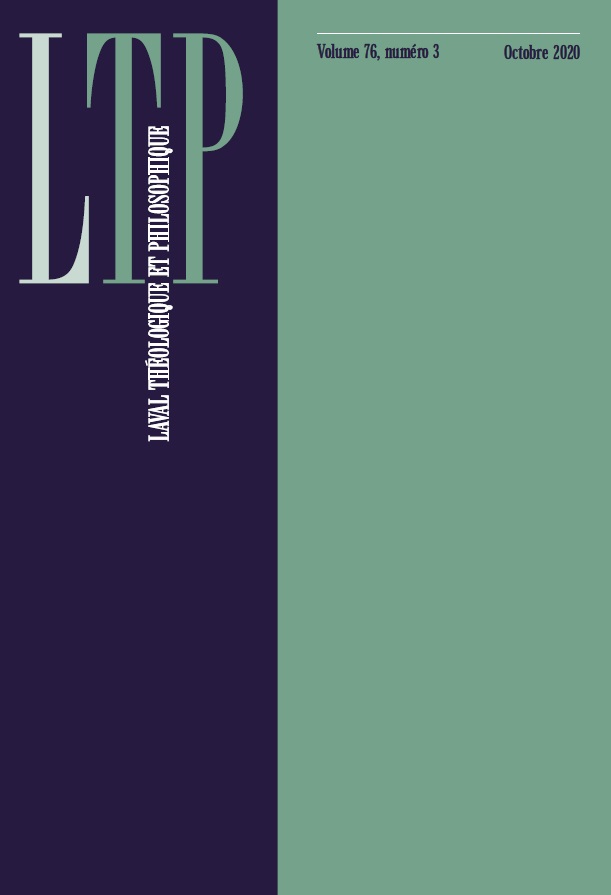Peut-on qualifier de ‟sagesse” l’idéal spirituel et moral de l’Inde ?
Abstract
While for Descartes wisdom meant not only being cautious in business, but also having a complete knowledge of everything needed for the conduct of one’s life, for the protection of one’s health and for the creation of all art, the present investigation of the Ṛgveda, Upaniṣads, Mahābhārata and Bhagavad Gītā, and of a few related stories with instructional goals, clearly shows that ancient Hindu texts also highlight behaviours and attitudes that may be recognized as components of wisdom. In these texts, intelligence, discernment, insight and self-control are illustrated through story, even if no overarching, inclusive term such as wisdom is to be found. It has been noted that Hindus, when reflecting on the conditions of right and fruitful action, gradually came to consider wisdom as a ‘science of means.’ This implies that practical wisdom is an intelligence which emerges from the ebb and flow of circumstance and can never be understood as the settling of a question once and for all, or as some sort of spiritual possession.

